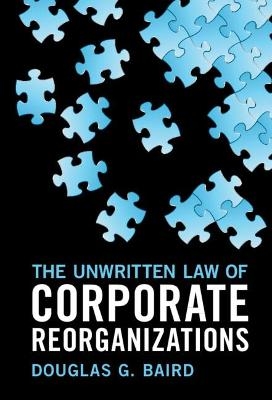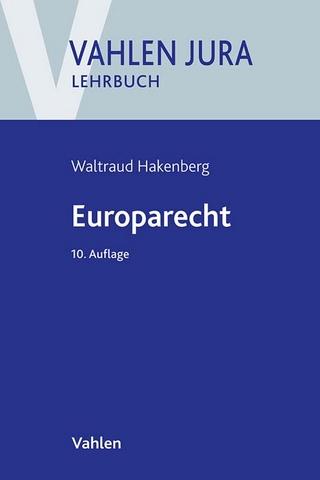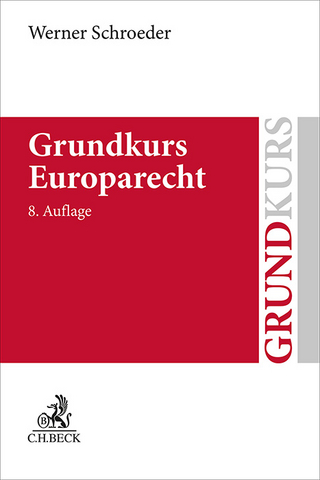
The Unwritten Law of Corporate Reorganizations
Seiten
2022
Cambridge University Press (Verlag)
978-1-009-06101-8 (ISBN)
Cambridge University Press (Verlag)
978-1-009-06101-8 (ISBN)
A set of unwritten principles, known only to a handful of judges and a small and closed fraternity of professionals, governs the fate of distressed firms in the United States. This book makes these principles accessible to academics, lawyers, and everyone else interested in understanding what happens to troubled businesses.
The law of corporate reorganizations controls the fate of enterprises worth billions of dollars and has reshaped entire sectors of the economy, yet its inner workings largely remain a mystery. Judges must police a small and closed fraternity of professionals as they sit down at a conference table and forge a new future for a distressed business, but little appears to tell judges how they are to do this. Judges, however, are in fact bound by a coherent set of unwritten principles that derive from a statute Parliament passed in 1571. These principles are not simply norms or customary practices. They have hard edges, judges must enforce them, and parties are bound by them as they are by any other law. This book traces the evolution of these unwritten principles and makes accessible a legal world that has long been closed off to outsiders.
The law of corporate reorganizations controls the fate of enterprises worth billions of dollars and has reshaped entire sectors of the economy, yet its inner workings largely remain a mystery. Judges must police a small and closed fraternity of professionals as they sit down at a conference table and forge a new future for a distressed business, but little appears to tell judges how they are to do this. Judges, however, are in fact bound by a coherent set of unwritten principles that derive from a statute Parliament passed in 1571. These principles are not simply norms or customary practices. They have hard edges, judges must enforce them, and parties are bound by them as they are by any other law. This book traces the evolution of these unwritten principles and makes accessible a legal world that has long been closed off to outsiders.
Douglas G. Baird is Harry A. Bigelow Distinguished Service Professor of Law at the University of Chicago, and Chair of the National Bankruptcy Conference. A fellow of the American Academy of Arts and Sciences, he has served as a director and scholar-in-residence at the American College of Bankruptcy and is a past president of the American Law and Economics Association. His book Elements of Bankruptcy (7th edn., 2022) is regularly cited by the US Supreme Court and other appellate courts.
1. Badges of fraud; 2. A seat at the table; 3. The credit men; 4. A new deal; 5. Priority matters; 6. A thumb on the scale; 7. Bargaining after the fall; 8. Looking for runway; Afterword.
| Erscheinungsdatum | 27.04.2022 |
|---|---|
| Zusatzinfo | Worked examples or Exercises |
| Verlagsort | Cambridge |
| Sprache | englisch |
| Maße | 151 x 228 mm |
| Gewicht | 310 g |
| Themenwelt | Recht / Steuern ► EU / Internationales Recht |
| Recht / Steuern ► Wirtschaftsrecht | |
| ISBN-10 | 1-009-06101-1 / 1009061011 |
| ISBN-13 | 978-1-009-06101-8 / 9781009061018 |
| Zustand | Neuware |
| Haben Sie eine Frage zum Produkt? |
Mehr entdecken
aus dem Bereich
aus dem Bereich
Vertrag über die Europäische Union, Vertrag über die Arbeitsweise der …
Buch | Softcover (2024)
dtv Verlagsgesellschaft
CHF 22,25


